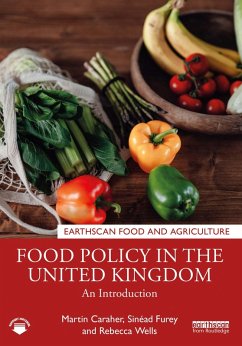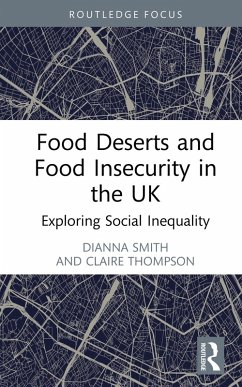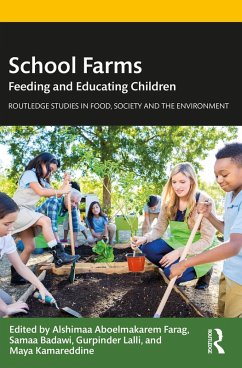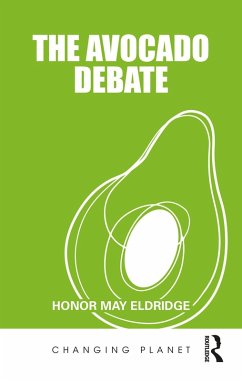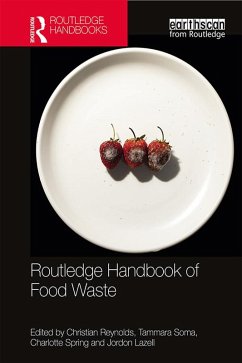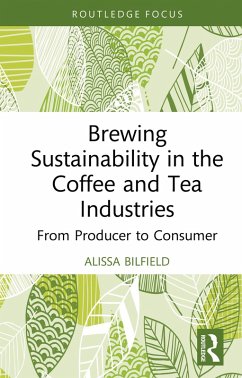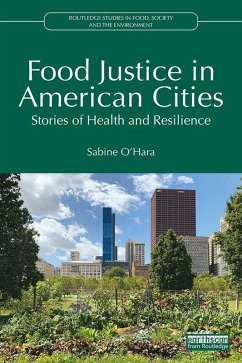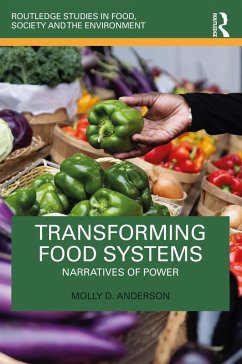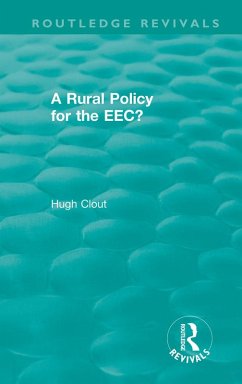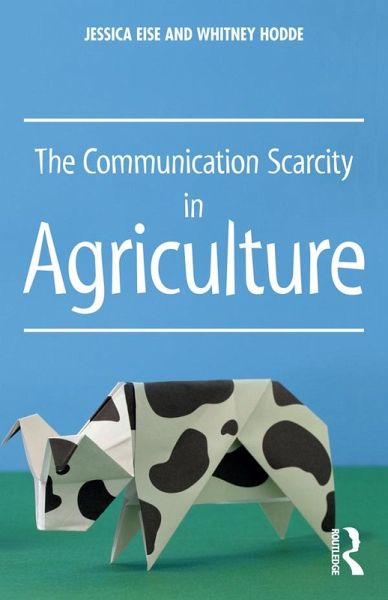
The Communication Scarcity in Agriculture (eBook, PDF)
Versandkostenfrei!
Sofort per Download lieferbar
42,95 €
inkl. MwSt.
Weitere Ausgaben:

PAYBACK Punkte
21 °P sammeln!
Today, the general public craves information on food and agriculture with an unprecedented passion. But the agricultural sector, unaccustomed to an interested and inquisitive society, has largely failed to respond to the public's demands for information. Instead, corporations, time-pressed journalists, bloggers, media celebrities, film-makers, authors and concerned consumers jumped in to fill the void. Food is emotional, and these players - some well-intentioned and others not - got a lot of traction playing off consumer fears of the unknown.This critical and timely book explains how changing ...
Today, the general public craves information on food and agriculture with an unprecedented passion. But the agricultural sector, unaccustomed to an interested and inquisitive society, has largely failed to respond to the public's demands for information. Instead, corporations, time-pressed journalists, bloggers, media celebrities, film-makers, authors and concerned consumers jumped in to fill the void. Food is emotional, and these players - some well-intentioned and others not - got a lot of traction playing off consumer fears of the unknown.
This critical and timely book explains how changing demographics, cultural shifts, technological advances and agriculture's silence all combined to create the perfect storm - a great chasm between those who know, and those who don't know, agriculture. The ramifications of a poorly-informed consumer base are now becoming clear in our policy debates and consumer-driven business decisions. There is a lot of common ground between the agricultural sector and their consumer base, but each group largely fails to appreciate it, and the consequences of such a divide grow increasingly dire.
Drawing on a wide-range of expertise, from leading agricultural researchers to major agribusiness leaders to consumer advocates, Eise and Hodde lay out exactly why communication is so urgently critical to our modern-day agricultural system. They outline the major themes affecting agricultural communication - perception, emotion, technology, science - and what we can do now to improve the debate and safeguard our future food supply for generations to come.This book is suitable for those who study agriculture, environmental economics and mass media and communication.
This critical and timely book explains how changing demographics, cultural shifts, technological advances and agriculture's silence all combined to create the perfect storm - a great chasm between those who know, and those who don't know, agriculture. The ramifications of a poorly-informed consumer base are now becoming clear in our policy debates and consumer-driven business decisions. There is a lot of common ground between the agricultural sector and their consumer base, but each group largely fails to appreciate it, and the consequences of such a divide grow increasingly dire.
Drawing on a wide-range of expertise, from leading agricultural researchers to major agribusiness leaders to consumer advocates, Eise and Hodde lay out exactly why communication is so urgently critical to our modern-day agricultural system. They outline the major themes affecting agricultural communication - perception, emotion, technology, science - and what we can do now to improve the debate and safeguard our future food supply for generations to come.This book is suitable for those who study agriculture, environmental economics and mass media and communication.
Dieser Download kann aus rechtlichen Gründen nur mit Rechnungsadresse in A, B, BG, CY, CZ, D, DK, EW, E, FIN, F, GR, HR, H, IRL, I, LT, L, LR, M, NL, PL, P, R, S, SLO, SK ausgeliefert werden.




